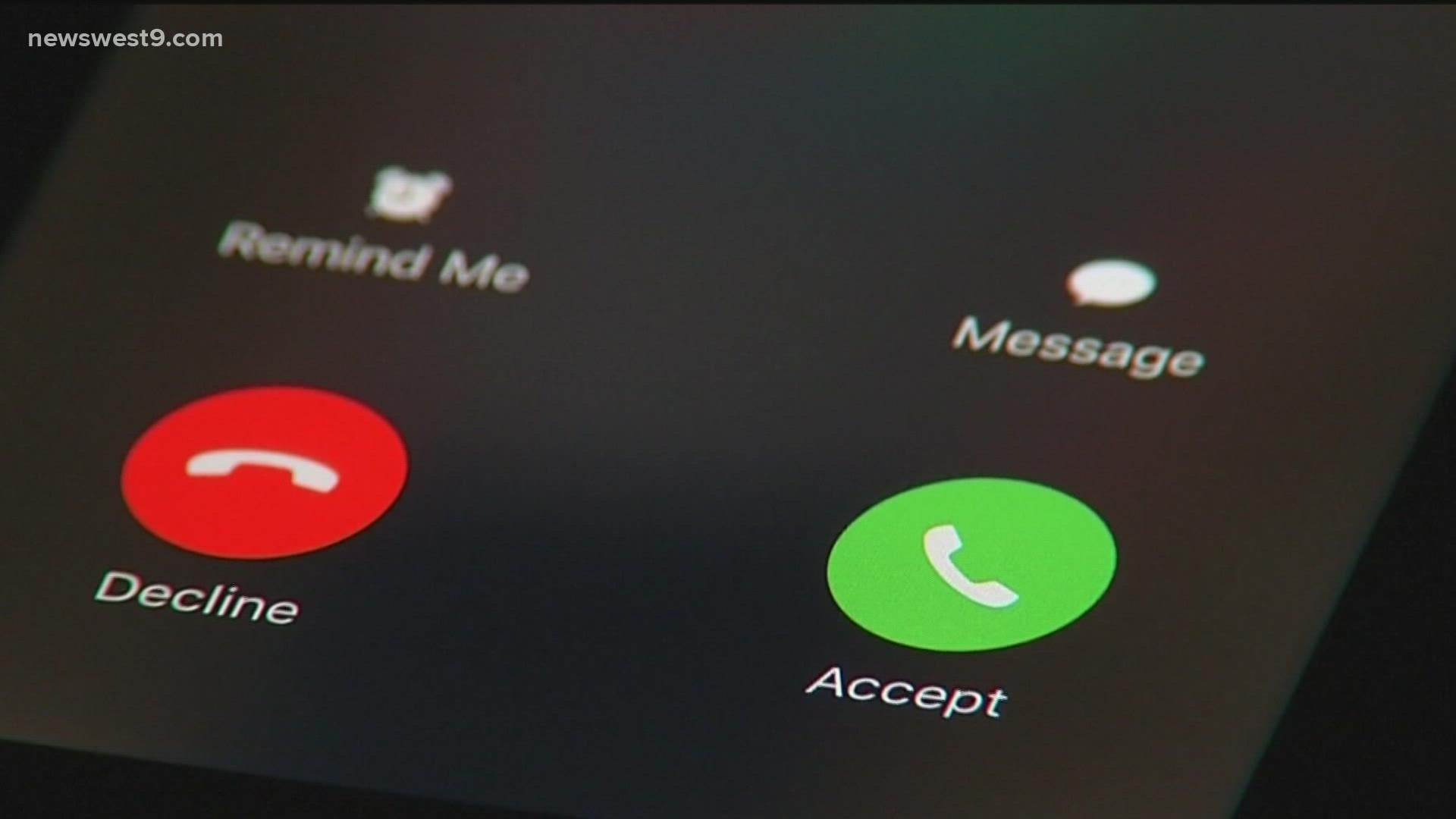EL PASO, Texas — The FBI is warning the public that it is seeing an increase in kidnapping extortion crimes.
These crimes involve both physical and virtual kidnappings.
Additionally, the FBI says it has seen these sorts of crimes targeting undocumented immigrants who have paid human smugglers to get them across the border.
These victims rarely report the incident out of fear they will be deported. The FBI says it wants people to know the investigation will focus on the extortion rather than the person's immigration status.
To stop these from happening and keep people from becoming victims, the FBI is hoping to make citizens aware of how the schemes work and the signs to help stop it.
Kidnapping extortion crimes exploit the victim by threatening or causing harm, as well as threats like legal action or arrest to try and get the person to hand over money.
The kidnapper will use various techniques to cause the victim to panic and rush into a hasty decision, like handing over money or property. They will also often imply that they are watching the victim and that going to the authorities will result in harm or death.
Virtual kidnappings are a little different, where the victim is told a family member has been kidnapped despite this not actually being the case.
Due to the intensity of the threats, the victim ends up sending money as a ransom before contacting the police or the supposedly kidnapped person.
An alternative form of this extortion scheme the FBI has seen increasing involves the extortionist calling random hotel rooms near the U.S./Mexico border and telling the person inside their hotel is surrounded by armed enforcers.
They will then tell the person to take a picture of themself in a "tied-up" position or to move hotels before video calling the perpetrator. These people can then take a screenshot and threaten the victim's family.
The FBI has provided some possible indicators that it may be a scam if you receive a call like this:
- Calls are usually made from an outside or non-U.S. area code.
- May involve multiple, successive phone calls.
- Calls do not come from the kidnapped victim’s phone.
- Callers go to great lengths to keep you on the phone.
- Callers prevent you from calling or locating the “kidnapped” victim.
- Ransom money is only accepted via wire transfer, cryptocurrency, or Peer 2 Peer payment apps
If you do receive a call like this, here is a list of things the FBI says you should keep in mind:
- Stay Calm.
- Try to slow the situation down.
- Avoid sharing information about you or your family during the call.
- Request to speak to the victim directly. Ask, “How do I know my loved one is okay?”
- Request the kidnapped victim call back from his/her cell phone.
- Listen carefully to the voice of the kidnapped victim if they speak and ask questions only they would know.
- If they don’t let you speak to the victim, ask them to describe the victim or describe the vehicle they drive, if applicable.
- While staying on the line with alleged kidnappers, try to call the alleged kidnap victim from another phone or attempt to physically locate the victim.
- Attempt to text or contact the victim via social media.
- To buy time, repeat the caller’s request and tell them you are writing down the demand, or tell the caller you need time to get things moving.
- Don’t directly challenge or argue with the caller. Keep your voice low and steady.
- If you are a victim at a hotel, hang up, call the front desk immediately and verify what is being told to you.
If you are unsure whether or not the kidnapping is legitimate, you should call the FBI El Paso office at 915-832-5000 or 911 immediately.

